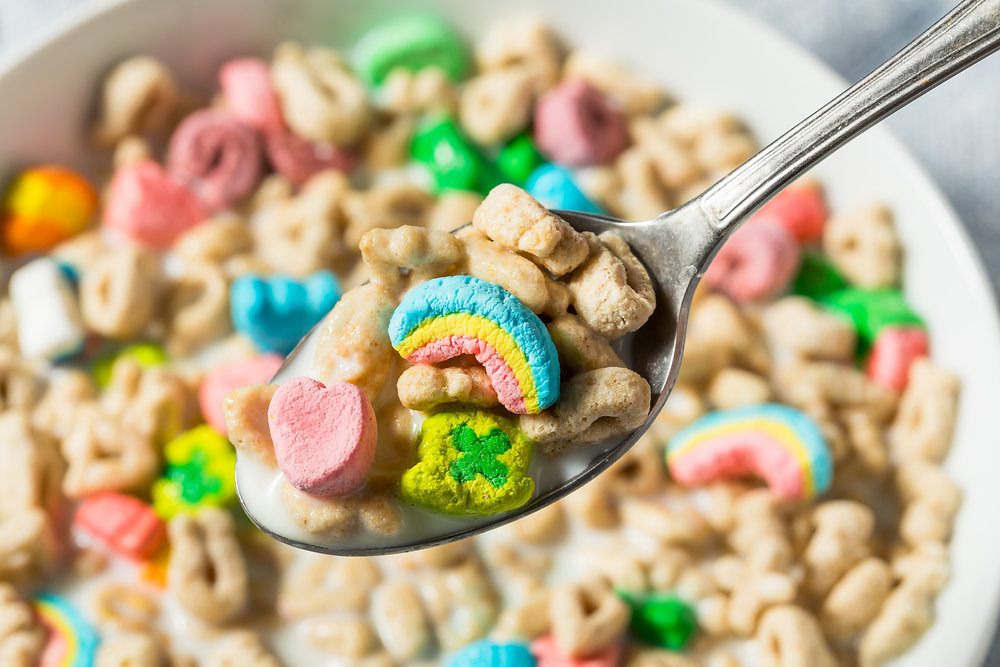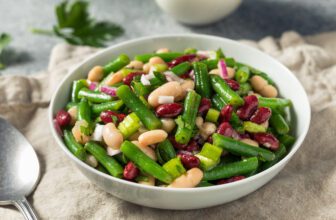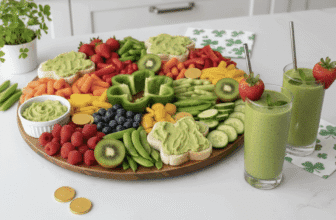
If your toddler melts down after snack time or seems extra aggressive after certain meals, you’re not alone—and you’re not imagining it. Many parents are shocked to learn that what’s in your toddler’s food—especially artificial additives—can directly affect their mood and behavior. From wild sugar highs to sudden emotional outbursts, these hidden ingredients may be sabotaging your toddler’s ability to stay calm, focused, and emotionally regulated.
Understanding the link between food additives and toddler behavior is a powerful first step toward creating more peaceful mealtimes and fewer emotional meltdowns.
How Food Affects Toddler Mood and Aggression
Your toddler’s brain is developing at lightning speed. During these early years, everything from emotional regulation to sensory processing is under construction. This means their nervous system is extra sensitive to stimulation—including chemical ingredients in their food.
Artificial dyes, preservatives, flavor enhancers, and excess sugars can overstimulate brain activity, disrupt neurotransmitter balance, and cause sudden spikes (and crashes) in blood sugar. These reactions don’t just affect focus or attention—they often show up as tantrums, irritability, mood swings, or even toddler aggression after eating.
When toddlers consume highly processed foods—especially those marketed to children with bright colors and cartoon characters—they may struggle to self-regulate. Their tiny bodies aren’t equipped to process synthetic ingredients the same way adults can.
Some kids may seem fine on the surface, while others exhibit dramatic shifts in behavior. You may notice they go from calm and cooperative to wild and angry—or go from giggling to sobbing—in a matter of minutes.
What Are the Worst Offenders?
If you’ve ever asked, “What causes toddler meltdowns out of nowhere?”—the answer might be hiding in the snack aisle. Below are some of the top foods to avoid for toddler behavior due to their high levels of additives:
-
Artificial food dyes (like Red 40, Yellow 5, Blue 1)
-
Preservatives such as BHA, BHT, sodium benzoate
-
Flavor enhancers like MSG (monosodium glutamate)
-
High-fructose corn syrup, which can lead to sugar crashes and irritability
-
Artificial sweeteners (like aspartame and sucralose), often found in “low sugar” or “sugar-free” kids’ snacks
-
Excess added sugars, especially in drinks, cereals, and snacks
These ingredients are often found in:
-
Colorful fruit snacks and gummy candies
-
Packaged breakfast cereals
-
Boxed macaroni and cheese
-
Processed cheese dips
-
Flavored yogurt with cartoon packaging
-
Bottled juice drinks or punch
-
Soda, even in “kid-sized” portions
-
Packaged cookies, snack cakes, and toaster pastries
-
Fast food kids’ meals
These foods don’t just deliver empty calories—they may also interfere with your toddler’s mood regulation and emotional stability.
Signs Food Additives May Be Affecting Your Toddler
Not all kids react the same way to additives, but there are some common red flags to look for after mealtime or snack time:
-
Sudden mood swings or intense crying spells
-
Frequent tantrums that seem to happen after processed meals
-
Toddler aggression after eating foods with additives or excess sugar
-
Difficulty falling asleep or staying asleep
-
Bouncing off the walls followed by crashing fatigue
-
Trouble focusing or sitting still
-
Skin flare-ups, rashes, or eczema that seem food-related
If your toddler seems extra unpredictable or intense after certain snacks or meals, it’s worth keeping a food and behavior journal for a week. Noticing patterns can help you identify potential culprits and make more targeted changes.
Foods That Cause Tantrums (and What to Offer Instead)
We all reach for convenience sometimes—but many toddler-friendly packaged foods are full of artificial ingredients that contribute to emotional outbursts.
Common Foods to Avoid:
-
Brightly colored gummies and candies
-
Cereal with artificial colors and sugar coating
-
Flavored or “low-fat” yogurt cups loaded with sugar and dyes
-
Juice boxes and fruit drinks with high sugar and little fiber
-
Boxed or frozen meals with flavor enhancers and preservatives
-
Sweet baked goods like muffins or toaster pastries marketed as breakfast
Cleaner Swaps to Support Calmer Behavior:
-
Fresh fruit or freeze-dried fruit (no added sugar) instead of gummies
-
Plain Greek yogurt with fruit or cinnamon instead of flavored cups
-
Smoothies made with banana, nut butter, and spinach
-
Dye-free snacks like organic crackers or fruit leathers
-
Whole grain toast with mashed avocado or nut butter
-
Water with a splash of fruit instead of juice or soda
Even just one or two swaps a day can make a noticeable difference in your toddler’s mood and cooperation. Over time, their taste buds adjust—and so does their ability to stay calm and emotionally balanced.
Try This: A 5-Day Food Behavior Reset
Not sure where to begin? Try this simple, low-pressure 5-day additive-free challenge:
-
Remove artificial dyes, sweeteners, and processed snacks from your toddler’s meals for 5 days.
-
Replace them with clean, whole foods like fruits, veggies, whole grains, and protein-rich snacks.
-
Track your child’s behavior in a simple journal. Note their energy, meltdowns, sleep quality, and general mood.
-
On Day 6, reintroduce one of the previous problem foods and observe the response.
This experiment can give you powerful insight into how food affects your toddler’s behavior—and which foods might be worth avoiding long term.
Final Thought: You Have More Control Than You Think
As a parent, it’s easy to feel helpless when your toddler is screaming, refusing to eat, or throwing things across the room. But once you start connecting the dots between toddler meltdowns and food additives, you unlock a whole new way to support your child’s emotional health.
You don’t have to go organic-only or cook everything from scratch. Just start small:
Over time, these small steps lead to fewer tantrums, better sleep, and a more emotionally steady toddler—which makes your life a whole lot easier too.
You may also like these related posts:
All blog content shared through HealthSmart! Kids is for informational purposes only and not to be construed as medical advice. Always talk with your qualified health care provider for managing your health care needs.
Disclaimer: This content was automatically imported from a third-party source via RSS feed. The original source is: https://www.healthsmartkids.net/post/are-food-additives-making-your-toddler-s-behavior-worse. xn--babytilbehr-pgb.com does not claim ownership of this content. All rights remain with the original publisher.






